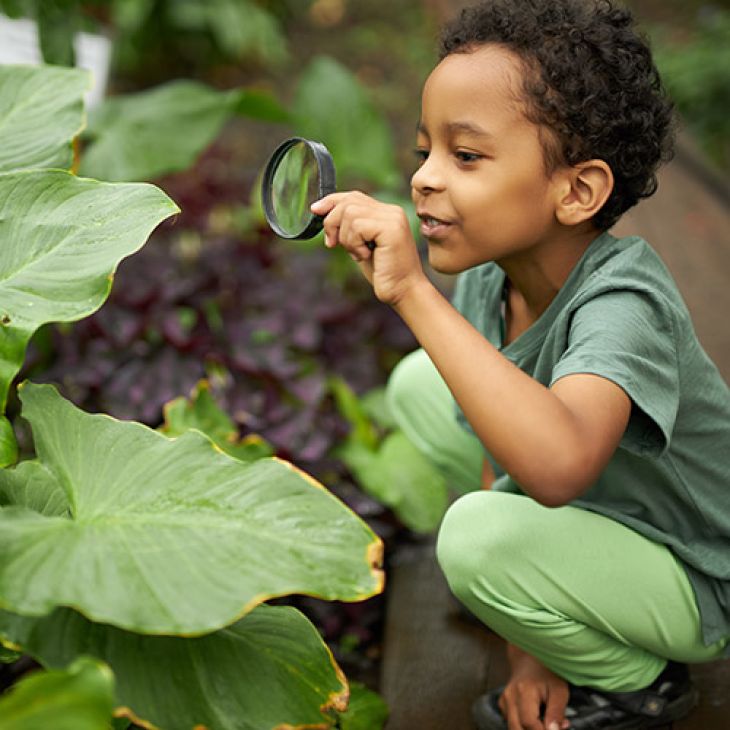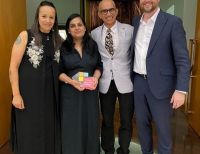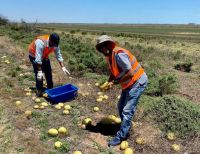13 December 2022
 It’s often said that ‘from little things, big things grow’. Now, research at the University of South Australia is showing that the simple act of gardening can deliver unique learning experiences for primary school children, helping them engage with their curriculum while also encouraging a sustainable future.
It’s often said that ‘from little things, big things grow’. Now, research at the University of South Australia is showing that the simple act of gardening can deliver unique learning experiences for primary school children, helping them engage with their curriculum while also encouraging a sustainable future.
Partnering with teachers and primary school students in a weekly gardening project, researchers found that working in the garden had multiple learning benefits, from transdisciplinary learning, to fostering sustainability and global citizenship.
In the Australian Curriculum, sustainability is described as a ‘cross curriculum priority’ indicative of the transdisciplinary nature of learning for sustainable and harmonious interaction with the environment.
Adjunct UniSA researcher, Dr David G. Lloyd, says it’s vital that children have opportunities to appreciate and connect with nature.
“Gardening can open a whole new world of interest and opportunity for children. Working in a community garden is not only about growing edible food; it’s also about connecting to place and nature, as well as grasping the importance of sustainability,” Dr Lloyd says.
“Community or school food gardens can help us to better understand the value of living locally and demonstrate how we can be more self-sufficient. They show us how to live with a lower carbon footprint, and how we can enjoy our connection to our natural world.
“In this project we found that primary-aged children can adopt sustainability principles simply by growing their own food, connecting with others, and respecting the environment. And at the same time, we showed that transdisciplinary learning can occur throughout the gardening experience.”
The project engaged Year 4 (aged 9-10 years) and Year 1 (aged 5-6 years) primary school students in a three-hour-a-week gardening activity, where they grew their own food in the Old School Community Garden in Stirling. Their gardening activities were also supplemented by school-based learning about the children’s ‘in-field’ experiences.
Co-researcher and UniSA Associate Professor Kathryn Paige, says the gardening project illustrates how out-of-the-box activities can incorporate the school curriculum.
“Finding different ways to engage students is an ongoing challenge for teachers. But when we find something that works on multiple levels – like gardening – it’s an activity that should be encouraged,” Assoc Prof Paige says.
“For example, in the community garden children learnt maths when they counted out plants and measured distances between seedlings; chemistry, when they tested the pH levels of soil and diluted liquid fertilisers; science and biology, when they discovered facts about plants and ecosystems; plus, literacy, when they read instructions and retold their experiences at school. They also improved their social skills as they engaged with their peers.
“The fundamental importance of this activity was holistic learning: connecting to the world around us, the community in which we live, and understanding how we all interact.
“We’re living in a time of globalisation, where we’re reaching social, environmental, and economic limits.
“By encouraging teachers to embrace immersive, whole-of-curriculum initiatives that connect education and sustainability principles, we’re positioning the younger generation up for success.”
…………………………………………………………………………………………………………………………
Contact for interviews:
Dr David G. Llyod E: [email protected]
Associate Professor Kathryn Paige E: [email protected]
Media contact: Annabel Mansfield M: +61 479 182 489 E: [email protected]







